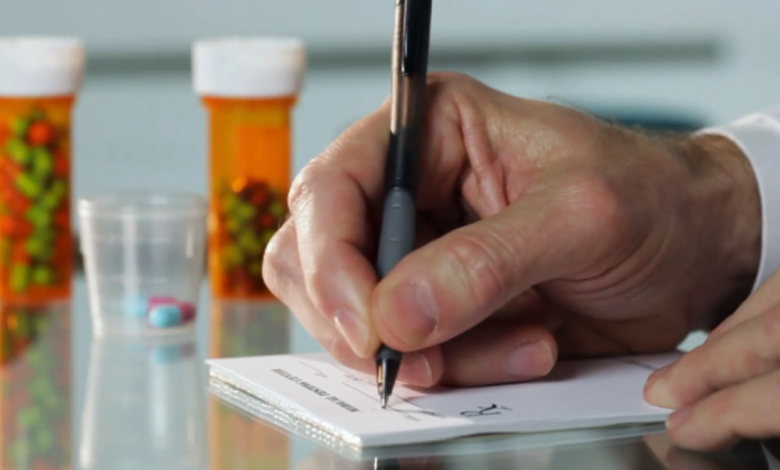
There’s no such thing as a magic pill. During the pandemic, nearly 65 million people -- that’s one in five Americans -- have filled prescription medication to help with a mental health condition.
Experts note it can take some fine-tuning before getting on a medicinal regime that works for a person. So how can someone know if they need meds?
"Therapy can give you the tools and skills to be able to manage and cope with the symptoms. But the medication is going to address the biological aspects of those disorders," Dr. Erlanger Turner, an assistant professor of psychology at Pepperdine University and the author of "Mental Health Among African Americans: Innovations in Research and Practice," told Newsy.
"Because sometimes we're in such a bad state that we can't even make use of psychotherapy. We might be so depressed or might be so anxious that we can't work with material one-on-one over a period of a half-an-hour to 60 minutes," Dr. Flavia Desouza, a board-certified psychiatrist and assistant professor at Howard University, said.
Experts say whether it's heading back into the office after working from home or stressing about a family or friendly gathering, communicate your boundaries in a simple way.
"You need to be presented with options because you are the captain of the ship. It's your mental health and you are the driver. You're the one who would take the medication every day. So it needs to be your decision," Dr. Eric French, medical director of adult psychiatry at Medical Center of Aurora, said.
And if you’re thinking about stopping medication:
"I typically will tell my patients, 'if we do stay out of it, give it six months to a year. If you're taking a medication for depression and all of a sudden you stop cold turkey, you can experience physical symptoms as well as emotional symptoms.' Some people describe feeling like there's brain zaps, the sort of electrical sensation in your brain," French said.
The insight here isn't meant to substitute medical advice. If you're looking for free and low-cost care near you, findahealthcenter.HRSA.gov or calling (800) 662-HELP could be a start.
This story originally reported by Lindsey Theis on Newsy.com








